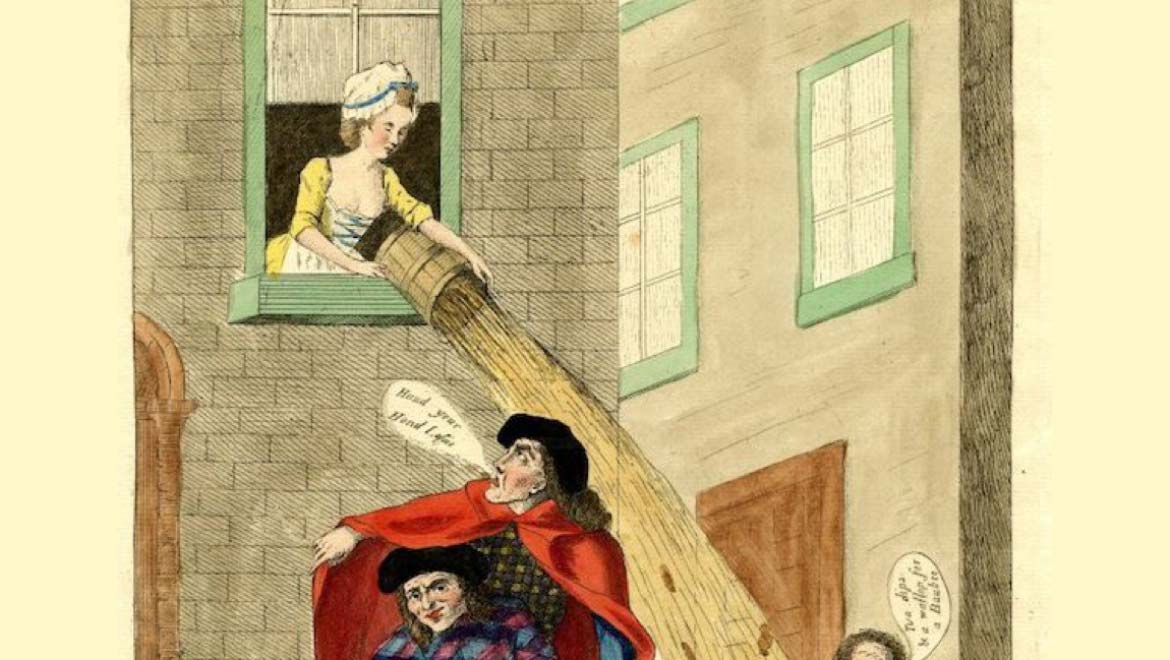

The Court ruled that a Florida vagrancy statute was unconstitutional because it was too vague to be understood. Supreme Court addressed this problem in Papachristou v. Such laws were vague and undefined, allowing police to arrest persons merely on the suspicion they were about to do something illegal. The abuse of vagrancy laws by the police throughout the United States was common. Typically, the person could not pay the fine and was therefore either sent for a term of labor with the county or hired out to a private employer.

Unemployed African Americans who had no permanent residence could be arrested and fined. Most vagrancy laws have been struck down as unconstitutionally vague, and the term vagrant has been replaced by the term homeless person. The concern that African Americans would leave their communities and deplete the labor supply led to the inclusion CIVIL WAR, the defeated Southern states enacted Black Codes, sets of laws that sought to maintain white control over the newly freed African American slaves. A person who wandered into a town and did not find work was told to leave the community or face criminal prosecution.Īfter the U.S. In colonial America vagrancy statutes were common. In England vagrants were whipped, branded, conscripted into military service, or exiled to penal colonies.
#Vagrant laws code
(d) This Code section shall not be deemed or construed to affect or limit the powers of counties or municipal corporations to adopt ordinances or resolutions prohibiting loitering or prowling within their respective limits.Traditionally, communities tended to regard vagrants with suspicion and view them either as beggars or as persons likely to commit crimes. (c) A person committing the offense of loitering or prowling shall be guilty of a misdemeanor.
#Vagrant laws trial
No person shall be convicted of an offense under this Code section if the law enforcement officer failed to comply with the foregoing procedure or if it appears at trial that the explanation given by the person was true and would have dispelled the alarm or immediate concern. Unless flight by the person or other circumstances make it impracticable, a law enforcement officer shall, prior to any arrest for an offense under this Code section, afford the person an opportunity to dispel any alarm or immediate concern which would otherwise be warranted by requesting the person to identify himself and explain his presence and conduct. (b) Among the circumstances which may be considered in determining whether alarm is warranted is the fact that the person takes flight upon the appearance of a law enforcement officer, refuses to identify himself, or manifestly endeavors to conceal himself or any object. (a) A person commits the offense of loitering or prowling when he is in a place at a time or in a manner not usual for law-abiding individuals under circumstances that warrant a justifiable and reasonable alarm or immediate concern for the safety of persons or property in the vicinity. CHAPTER 11 - OFFENSES AGAINST PUBLIC ORDER AND SAFETYĪRTICLE 2 - OFFENSES AGAINST PUBLIC ORDER


 0 kommentar(er)
0 kommentar(er)
